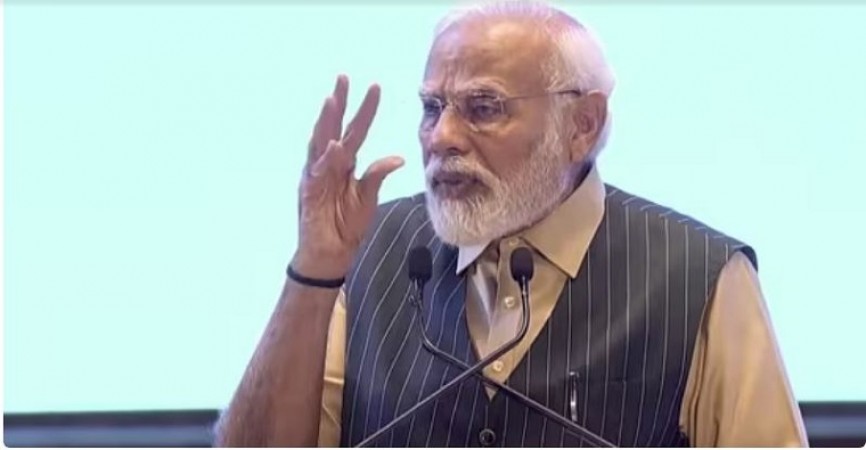
NEW DELHI: During the commencement of the All India Education Convention at Pragati Maidan in New Delhi on July 29, Prime Minister Narendra Modi shed light on the unfortunate perception surrounding several prosperous Indian languages. This event marked the third anniversary of the National Education Policy (NEP) 2020. The Prime Minister refuted the false notion that Indian languages are unprogressive.
Expressing concern, PM Modi brought attention to the fact that talent often goes unrecognized if individuals are not fluent in English. He also mentioned that people from rural areas often bear the brunt of this bias, according to the media reports. As part of the NEP policy revisions, the focus is now on imparting education in regional languages, with the possibility of extending it to higher education levels.
"Even at the United Nations, I speak in Indian languages. Listeners may take some time to react, and that's okay," PM Modi stated. He emphasized that even on international forums, he proudly represents his mother tongue.
The NEP 2020 places a significant emphasis on providing education in regional languages, and PM Modi believes that this provision will not only benefit the country but also counter the exploitation of language-based divisions for spreading hatred. Taking a dig at the opposition, he remarked, "It will shut down the businesses of those who thrive on hatred through languages."
PM Modi pointed out that most developed countries have progressed based on their native languages, but India, unfortunately, looks down upon its own languages with a backward perspective.
The convention, known as Akhil Bhartiya Shiksha Samagam, spans two days, scheduled for July 28 and 29. It serves as a platform for academics, sector experts, policymakers, industry representatives, teachers, and students to discuss insights, success stories, and best practices in implementing the NEP 2020. The policy aims to foster inclusivity and promote the use of native languages in education, providing education in regional languages to achieve these goals.
PM Modi Speaks at NEP 3-Year Anniversary: India - A Nursery of Possibilities
India's Electronics Mfg Exceeds USD100-Bn, Soars from USD 30-Bn: PM Modi